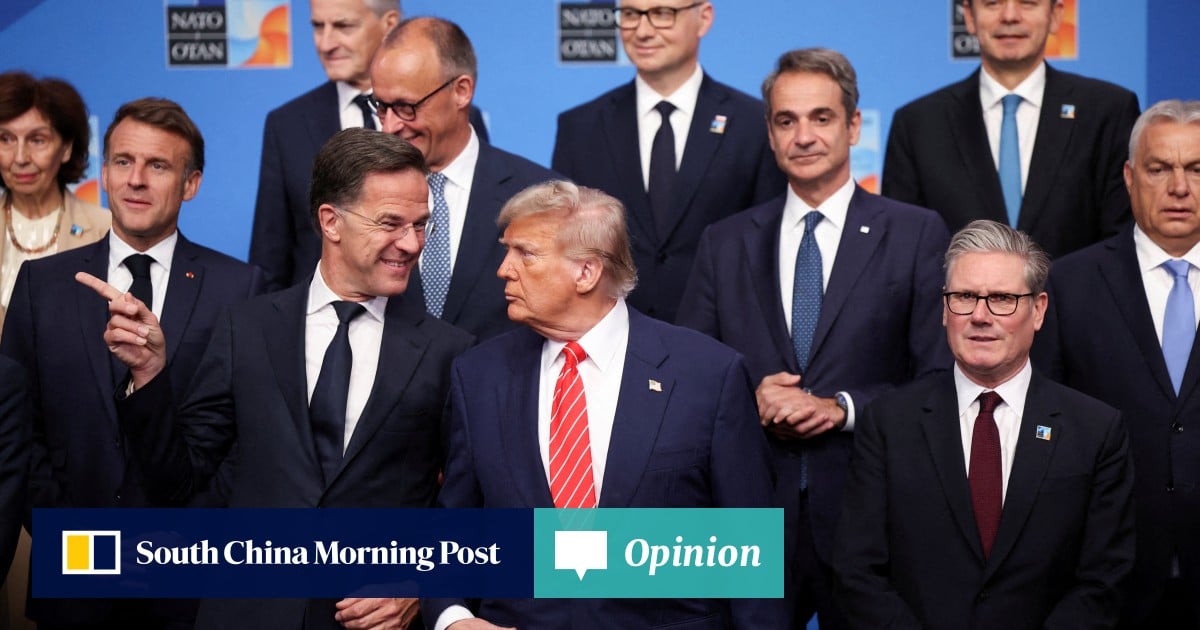Geopolitical tremors from Washington’s trade wars against its closest allies – the European Union, Japan, South Korea, Canada and Australia – might have convinced Beijing of an impending realignment. China has seized the moment with a
charm offensive, urging pragmatic cooperation amid tariff spats.
Beijing rightly condemns Washington for shredding the very World Trade Organization rules and post-war liberal order it crafted, calling for collective action against US coercion. Yet despite the tangible frustration – seen in the EU’s
retaliation threat and Japan’s
rhetorical condemnation – no ally has substantively defected or moved closer to China’s orbit.
This recalcitrance reflects not a fleeting opportunism but an unyielding anchor: centuries of shared identity, security integration and cultural allegiance bind these nations irreversibly to Washington’s strategic architecture.
Observe first the sterile harvest of Beijing’s courtship. While allies vocally decried
US steel tariffs and agricultural levies, their response to China’s promises of mutual benefit remained clinically cautious. The hypocrisy is stark: they lament US violations of multilateral trade norms while refusing China’s appeals to jointly defend the system.
The charm offensive, framed as a shield against American pressure, secured no meaningful political alignment. Why? Economic pragmatism is being confronted with an immovable priority: foundational security.
Even with EU-China trade worth around US$1 trillion and as Berlin brokers climate deals with Beijing, allies instinctively safeguard US intelligence-sharing pacts and defence commitments. Their discontent fuels diplomatic appeals for restraint, never support for China-led confrontation. The gap between Beijing’s global ambition and geopolitical reality remains unbridgeable.
South China Morning Post



